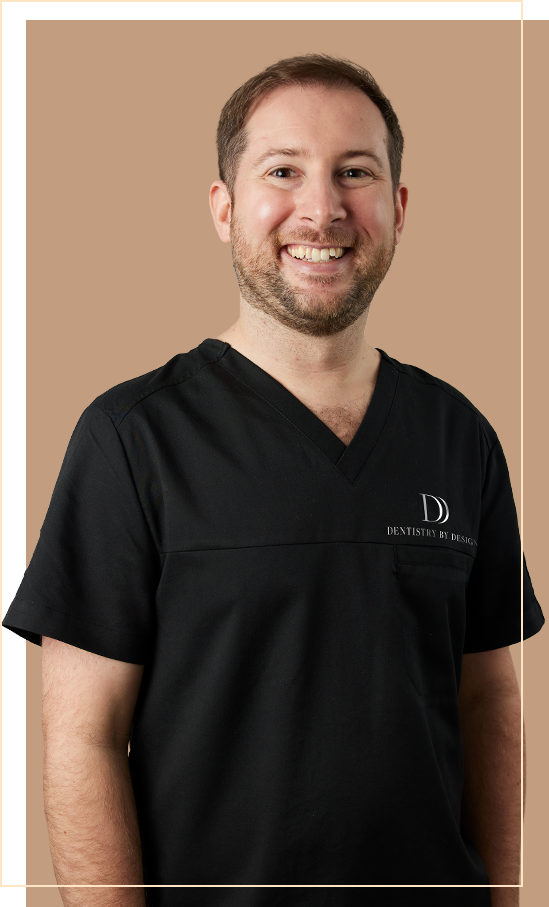If your gums feel sore or itchy, bleed when you brush your teeth or you often have bad breath, there’s a chance you have gum disease.
Along with tooth decay, gum disease (periodontal disease) is one of the most common oral health problems in Australia. If it’s not treated in time, it can lead to permanent damage such as receding gums and even tooth loss.
Depending on its severity, gum disease treatment normally involves treatments with a dental hygienist combined with good home care.
What causes gum disease?
Like tooth decay, gum disease is caused by bacteria that build up on the teeth in the form of plaque and can harden into calculus. Plaque can accumulate when you consume sugar in food and drink.
If these bacteria enter the gum, the body’s immune response causes inflammation (swelling) to try to fight the infection. This leads to the gums becoming swollen, red and tender, as well as being more prone to bleeding.
How do I know if I have gum disease?
The early stage of gum disease is gingivitis. Common symptoms of gingivitis include:
- Red, swollen or spongy gums
- Gums that bleed when you eat or brush your teeth
If gingivitis isn’t treated, it can develop into periodontitis, the more severe form of gum disease. This can cause permanent deterioration of the gums, teeth and jaw bone.
Possible signs of periodontitis include:
- Bad breath or an unpleasant taste in your mouth
- Gums pulling back from your teeth (receding)
- Tooth feeling loose or falling out
If you’re worried that you might have gum disease, book a check-up with a hygienist at your local dental clinic. They can assess your teeth and gums to identify any issues and recommend appropriate treatments to restore your oral health.
How is gum disease treated?
The treatment your dentist or hygienist recommends for gum disease will depend on how severe the infection is.
Gingivitis treatment
Gum disease is usually simple to treat in its early stage, without any lasting damage to your teeth or gums. Your hygienist will advise you about how to improve your daily oral hygiene and can professionally clean and scale your teeth to remove plaque and calculus. They may also apply fluoride to your teeth to prevent further plaque build-up.
Periodontitis treatment
If you have more severe gum disease, your dentist will recommend a deep clean of the gums to try to remove the infection. If bone tissue in the jaw has been infected, this may also need to be removed, which may involve oral surgery.
How can I avoid gum disease?
The good news is that – like most oral health problems – gum disease can be prevented by improving your oral care and lifestyle habits. To lower your risk of developing gum disease, hygienists recommend:
- brushing your teeth twice a day, for two minutes
- using fluoride toothpaste
- flossing once a day
- drinking plenty of water, especially fluoridated tap water
- quitting smoking
- visiting your dentist for regular check-ups and hygiene treatments
Book a check-up in Balmain
If you think you might have gum disease or another dental problem and you want to talk to a professional, make an appointment with our team at Dentistry by Design.
Call us on 02 9810 5507 today or contact us.








